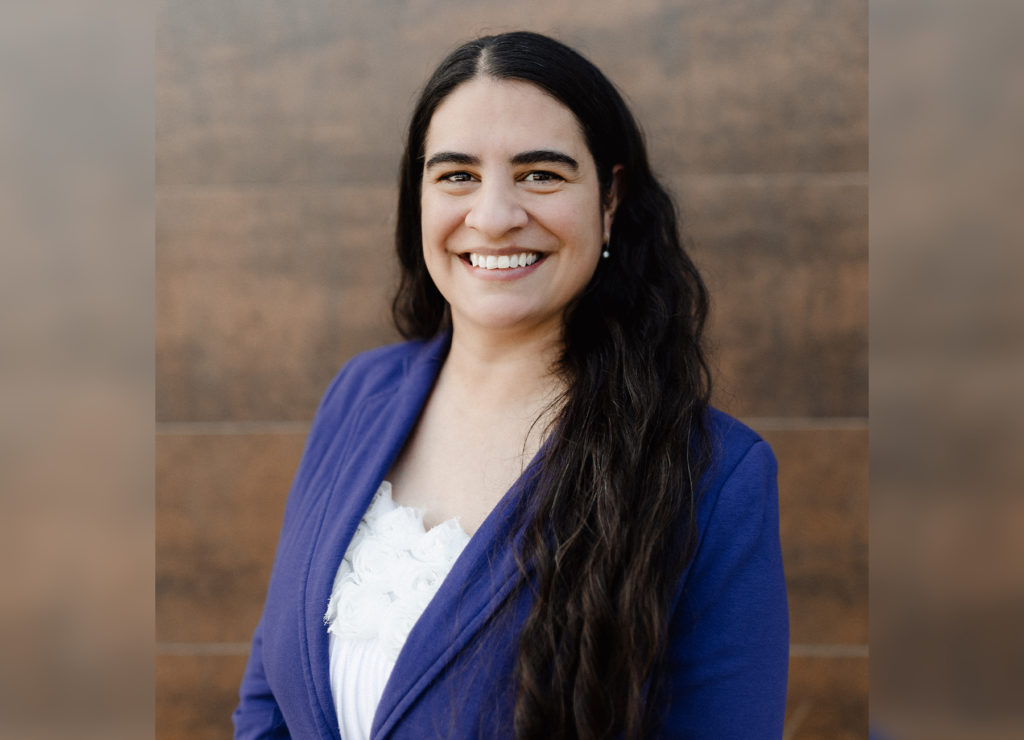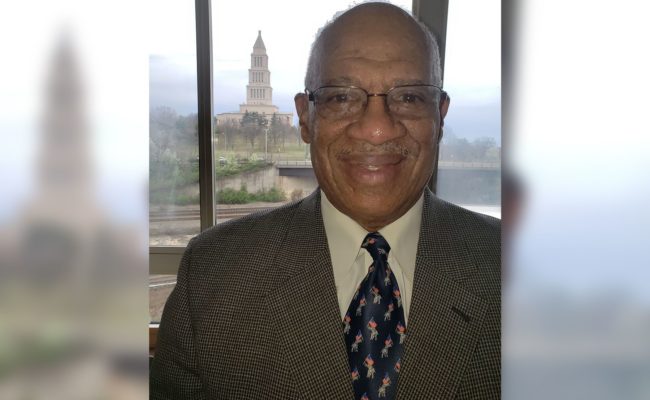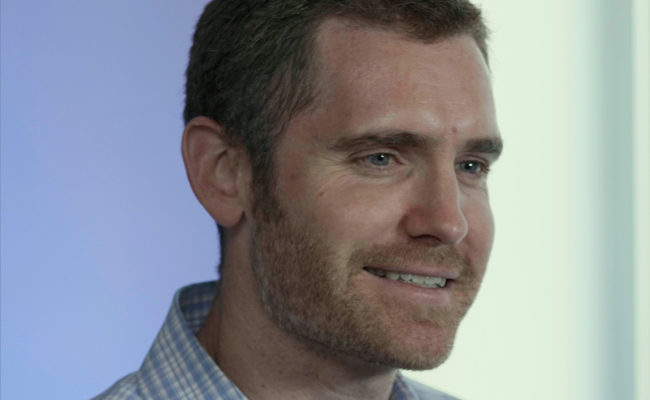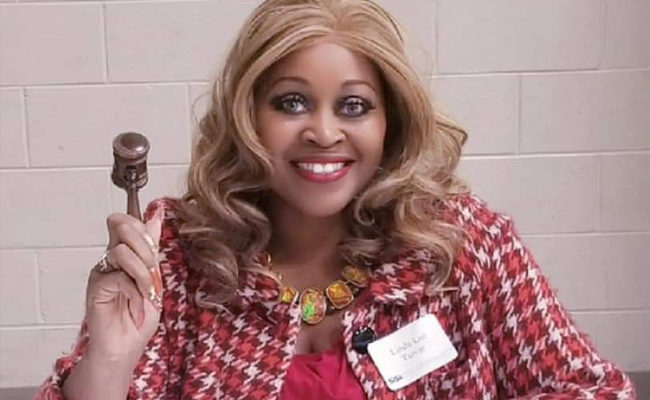Rose Martinez
"We need to be talking about civics with all ages of children – if we start in high school, it's almost too late."

“There’s a mentality in our younger generation that voting doesn’t matter because their voices won’t be heard. That tells me we really need to focus on civics conversations throughout K-12 education and not just in one class in high school.”
“The most important thing to me is to make sure people understand the difference between their civic responsibility to vote and their right to have a voice. That’s why we need to be talking about civics with all ages of children – if we start in high school, it’s almost too late. A lot of school districts only require one semester of civics to graduate and that doesn’t give those kids a chance to learn much.”
“As an adult, I realized how intentional my parents were in talking about things happening in the political realm at our house. Because of that my story of civics education goes back to childhood. We went to a church where our pastor would sometimes give sermons about what was happening in the political world and we attended small group meetings to discuss ballot questions. That’s the atmosphere I grew up in and I took it for granted, not realizing that all kids aren’t raised in a similar environment. When I did start to realize that, I knew that the lack of understanding isn’t something I can just be annoyed with, it’s something that I have to speak up about, so I’ve brought it up a lot more with my kids in the last few years than I had when they were little.”
“The idea that we can learn everywhere and learn anywhere is a great mindset – it’s really important for parents to have open conversations with their kids. In Colorado, we have a ‘Blue Book’ that gives a breakdown of the different ballot initiatives with the pros and cons of each. Instead of putting your kids to bed, and then reading the Blue Book, allow them to see that process. Look at it together.”
“Our society needs to be having open, age-appropriate conversations. Even little ones can understand choosing who to pick for president and things of that nature then, as they get older, we can talk about how ballot initiatives could affect not only the people who are voting on them, but people for generations to come. That understanding of our place in history is critical.”
“In history education, we can’t discount the facts. I don’t think anybody has ever said that this country was perfect, but we’re striving to have what our Constitution calls ‘a more perfect union’ all the time. Those are the foundations and principles that are important to keep in mind, and that our younger generations are able to hear.
“Organizations and programs like Level Up Civics give me hope that our younger generations will be learning history in a way that makes them excited about our future. They can learn not only from the best parts of history, but the parts of history that they can relate to – and move forward knowing they’re not the only one that’s gone through a certain struggle.”
“Laced throughout all of American history, you will find stories showing that hard work and perseverance are the two main ingredients to be prosperous. With more concerted efforts of teaching those principles, our younger generations will definitely do better than past generations.”
Rose Martinez
Denver, Colorado


